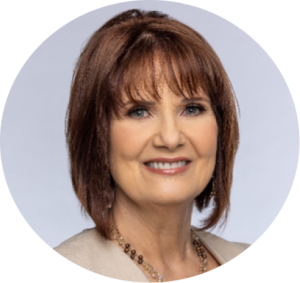The word triggered has become a part of our common vernacular. We hear this word used in casual conversations often as a response to something that is said or done that we find irritating. This usage is too casual, however, because the word represents an experience that is quite unsettling. Let me explain and you will see the difference.

Feeling triggered is experiencing an intense, negative emotional response to a perceived danger. Individuals who have suffered a life-threatening or emotionally overwhelming event (i.e., a trauma) can react to a sight, sound, smell, etc., activating body memories that set in motion the fight, flight, or freeze response.
When someone is triggered, the danger seems real and present when in fact, it is in the past. The reaction is sudden, intense, and slow to fade. This happens because once traumatized, we remain sensitive to stimulus connected to that traumatizing event.
Triggers are signs of emotional wounds that need to be healed. Emotional wounds do not have to be life-threatening traumas. They can be the result of consistent, negative experiences over time. Verbal abuse, neglect, lack of food or shelter, constant criticism, unrealistic expectations, or lack of a supportive, nurturing environment are a few examples.
Being triggered is nothing to be ashamed of. The brain is hard-wired to err on the side of caution; thus when triggered, the brain goes into survival mode. When you feel triggered start taking some slow, deep breaths and make note of your surroundings. Give yourself time to gather your thoughts. You will need to reconnect with the thinking part of your brain, i.e. the prefrontal cortex.
The thinking brain is inhibited by emotions and impulses. The more we focus on being triggered, the less we can think clearly. The more we can become aware and engage our thinking brain, the more quickly we will recover.
If you or someone you love is struggling with emotional wounds, there is hope. Mindful Health provides intentional and exceptional care, working with clients to improve their mental health and enjoy their lives.


This blog post was written by:
Sherry Sheffield, PhD, LCSW-S
Director of Professional Development – Heath
Sherry is a licensed clinical social worker with 25 years of experience in mental health care. She works with adult clients to identify their strengths and embrace their uniqueness. She has worked extensively with survivors of abuse, trauma, and addiction and strives for creating a safe, non-judgmental environment in which clients are free to tell their story.


